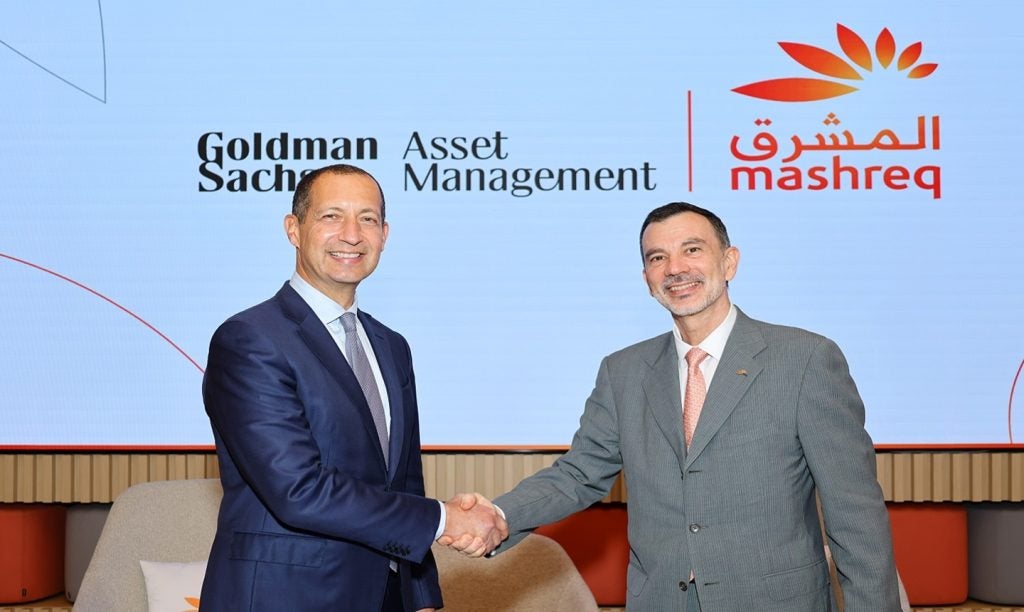
As Cheltenham Festival kicks-off today, Private Banker International talks to a bank which with a centuries-old tie to horseracing… until now.
Founded in 1770, Weatherbys has been inextricably aligned to horseracing for the entirety of its life. As British horseracing became popular in the late 18th century, it was necessary to have a central administrator. James Weatherby took that role and his successors have held it ever since.
But Weatherbys Private Bank is a newer offshoot from the ‘racing bank’ as Weatherbys is known. It was launched in 2006 and now has little to do with its racing past, instead focusing on pure private banking.
PBI’s Oliver Williams sits down with Quentin Marshall, head of private banking at Weatherbys Private Bank:

Quentin Marshall
The non-horseracing bank
“If you own a horse you have an account with Weatherbys it allows you to receive prize money, pay fees and all those good things. The private bank is a private bank. It has no implicitly connection to racing at all.
“Our clients are pretty close to a mirror of where success and wealth are in the country. So yes of course we have a connection to horse racing but it’s actually a very small proportion of our business in the private bank. The numbers are somewhere around 80% or 90% of our clients who don’t share that passion.
“Am I trying to change that perception that I have to have something to do with racing to be a client of Weatherbys? Absolutely I am. But am I trying to shy away from it? Absolutely not.”
Proper private banking
“Whereas it’s relatively straightforward to set up a business that manages money (I say relatively straightforward) getting a banking license is quite a big deal. It’s an expansive and long process. As a result, there are fewer players in that marketplace.
“It can be narrowed further by saying; ‘okay, who can deliver a level of service who remains independent (which we are)’. That population is very very small.
“So for those clients who want that level of approach – a very high level of service, the ability to talk to decision makers and not a massive corporate function, etcetera, etcetera – if that’s the offer which floats your boat then there aren’t that many people you can go to.
“We’re not going down the path of saying, ‘here’s something that we would really like to sell so if you don’t take some of the things we’re trying to do we won’t allow you to come in’.
“I wouldn’t say if you want a bank account you want to invest. If actually what you want is just excellent banking. That’s all you want. You don’t want to borrow money, you don’t want our investment advice, you just want a proper private banking relationship, we’re entirely happy that that’s the extent of our relationship.
Properly all organisations, somewhere in their mission statements, say something about ‘client centricity’. But it rings hollow because so often it doesn’t actually manifest whereas in our case it truly does.
“We are a family owned business and the family are very much involved in leading the business. That extended family feel extends to our clients.”
Tech focused
“If you were to meet Roger [Weatherby, the bank’s chief executive] I can assure you very quickly you’d turn to technology. It’s a particular fascination to him. That fascination feeds through.
“For an organisation of our scale I would say the impact of technology preoccupies us disproportionately. Trying to think what are those elements we should on-board. What are the things those fintech guys are going to be doing much better than we could ever do so how can we partner with them?
“We have a slight advantage of being smaller because I think when you’re very large you have a legacy system when any change is incredibly difficult. But being smaller means you can be more nimble on the technology front. It’s not so hard to implement change.”
Scottish expansion
“The genesis of having an office in Scotland was that we had progressively more clients who were in Scotland.
“Originally that was one person in a serviced office. That number has growth. We took our own office. We’re now having to leave that office and go to bigger ones.
The RBS group – that is its hinterland – continues to have some challenges around it, which is affecting clients. So that means the level of dissatisfaction among those clients and therefore the amount of switching and changing that is going on is perhaps a bit higher than in the rest of the UK.”
Future ambitions
“The business is expanding and continues to expand. The business quite consistently seems to deliver between 15% and 20% growth.
“You could envisage a point, and I think it would be some way off, where we say actually we don’t want to get any bigger and we’ve reached the optimum size.
“It would be when you are starting to make compromises, when you are starting to replace judgment and people with systems and processes. The minute you are starting to de-humanize the relationship with your client is the moment you just have to say stop.”







